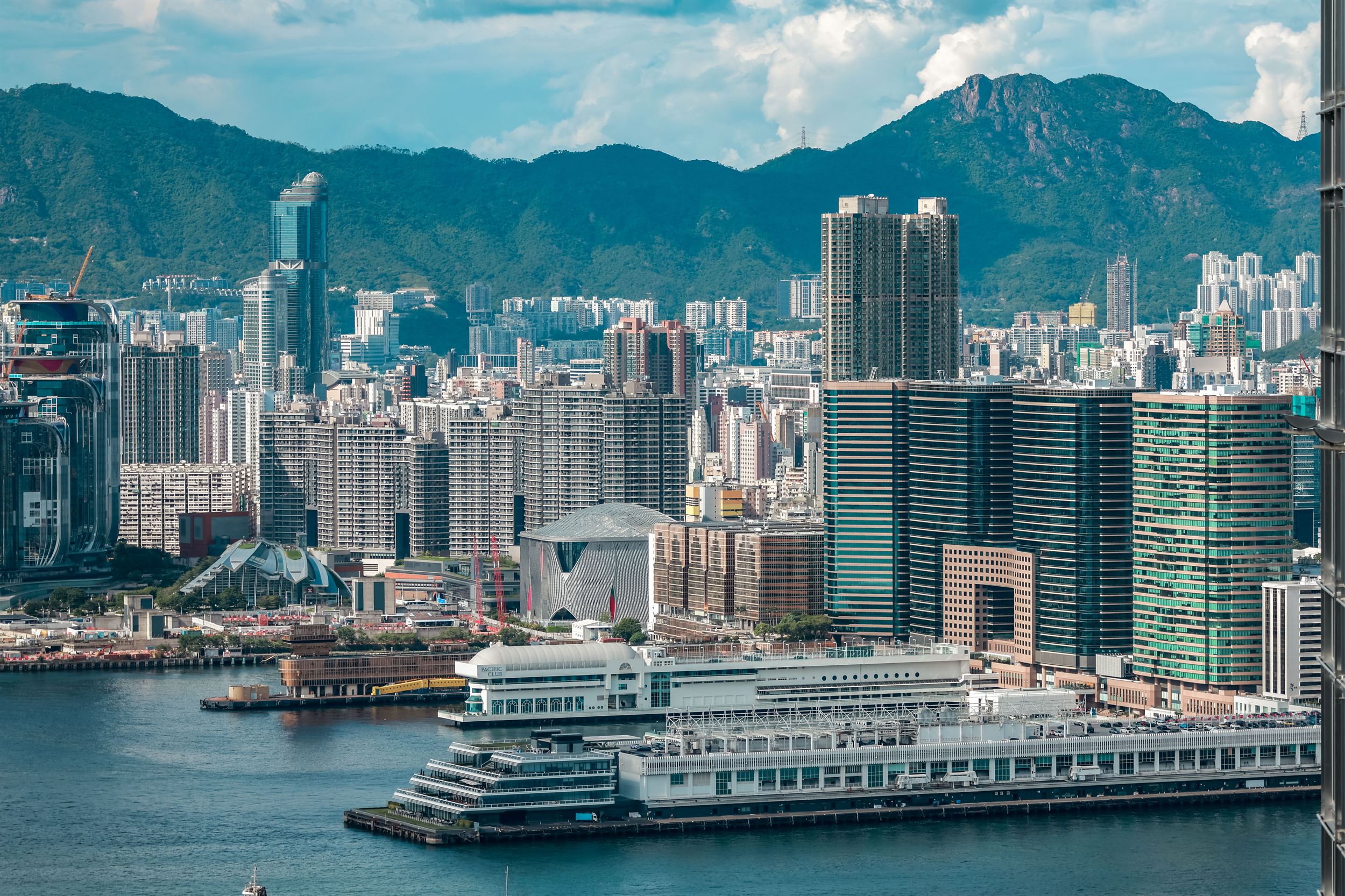
Hong Kong is poised to give full play to its roles as an international innovation and technology hub and a highland of talent to contribute to the nation’s scientific and technological self-reliance and strength, experts agreed.
Their remarks came in the wake of the fourth plenary session of the 20th Central Committee of the Communist Party of China, held in Beijing from Oct 20 to Oct 23. The session deliberated and adopted the recommendations for the 15th Five-Year Plan for National Economic and Social Development. The recommendations in the latest national-level blueprint listed substantial improvements in scientific and technological self-reliance and strength as one of its core principles for the upcoming five years.
It also outlined key development directions for Hong Kong: supporting the city to better integrate and contribute to the country’s overall development; and leveraging its unique strengths in “having the backing of the motherland and maintaining close connection with the rest of the world” in order to strengthen its international status as a financial, shipping, and trade center, and to support its development into an international hub for high-caliber talent.
Compared with the 14th Five-Year Plan, it also stressedthat “Hong Kong and Macao (must be) administered by patriots”, and that the SARs must be “more effectively governed in accordance with the law”.
ALSO READ: Yau: HK for deepening APEC digital cooperation to foster growth
To better support the country’s future development, Lau Siu-kai, consultant and former vice president of the Chinese Association of Hong Kong and Macao Studies, called on the Hong Kong Special Administrative Region government to adopt a more proactive and purposeful role, particularly in driving industrial transformation.
This would require the SAR government to improve its governance, especially its ability to coordinate and plan economic development, with a special focus on the integration into the nation’s development, Lau said.
He outlined a clear pathway for the city’s contribution: “If Hong Kong can successfully establish itself as a center for finance, shipping, trade, and innovation and technology, and become a hub for gathering high-end international talent, it will be the city’s greatest contribution to both itself and the nation.”
READ MORE: HK, Macao astronauts complete training for debut spaceflight
Lau said he believes these missions for the SAR will have the backing of the central government, with favorable policies to catalyze the cooperation between the Chinese mainland’s manufacturing industry with Hong Kong’s innotech sector.
Lau also said that the newly adopted recommendationsfor the 15th Five-year Plan signal Beijing's desire to leverage Hong Kong’s role as an international innovation and technology platform to facilitate the commercialization of more technological achievements and the “go global” bids of more homegrown tech enterprises.
Lau said he believes the central government may vigorously advance the city’s development, particularly the construction of the Northern Metropolis, and strengthen its innovation and technology cooperation with the mainland. The objective is to swiftly establish innovation and technology as a cornerstone of Hong Kong's economic development, Lau said.
Meanwhile, Angus Ng Hok-ming, chairman of the Guangdong-Hong Kong-Macao Greater Bay Area Youth Association, urged local youth to upgrade their capabilities, vision, and collaboration models to keep pace with the country’s evolving development strategy.
READ MORE: Environment forum in Hong Kong fosters green collaboration across GBA
Looking ahead, Ng identified two emerging areas in which Hong Kong could further contribute to the nation — building an international data exchange center by leveraging its common law system and digital infrastructure, and creating a global talent hub by serving as the first stop for world-class scientists.
“Young people should transform from ‘specialized professionals’ into ‘strategic generalists’,” Ng proposed. He suggested that the SAR government launch a youth training program to equip young people with expertise in the nation’s emerging fields such as green finance and digital trade, enabling them to participate in international standard dialogues.
Ng also emphasized the need for vision upgrading —shifting the focus from the Greater Bay Area to the global stage.
“Hong Kong youth,” he said, “should seize opportunities presented by the Belt and Road Initiative and the establishment of the International Organization for Mediation in Hong Kong, serving as key intermediaries in infrastructure investment, financing, and ESG standards alignment, telling good stories of Chinese modernization.”
Contact the writer at stacyshi@chinadailyhk.com



